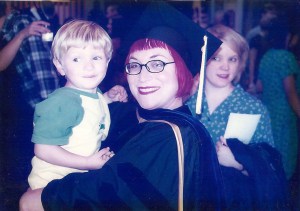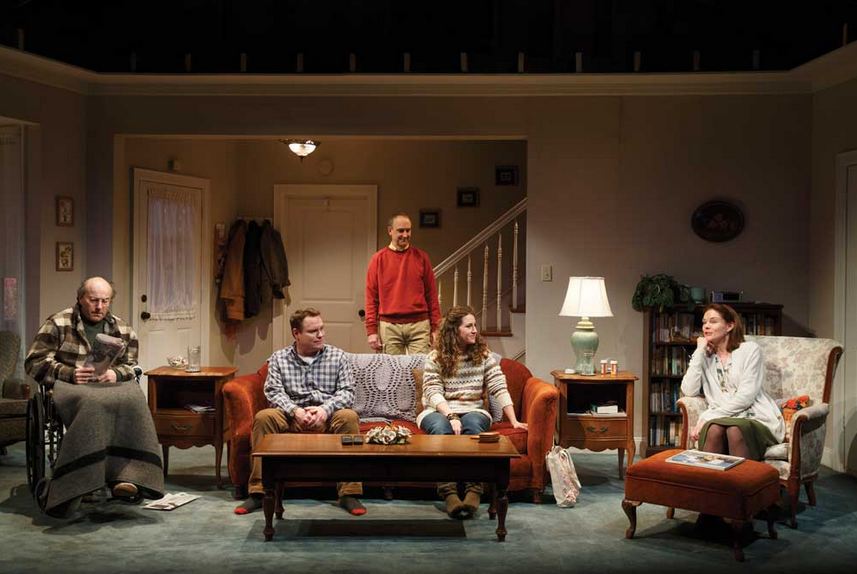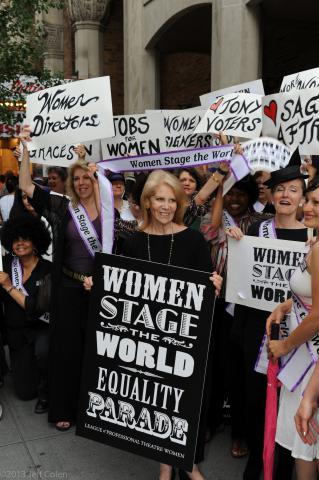The 2015 BCA PlayLab is coming to a close in a few short weeks. Here are a few pieces of writing that we think is worth checking out as we wrap up the program. Let us know what you think on Facebook or Twitter!
♦♦♦♦♦
We’ve been talking a lot about work/life balance as a writer, as well as best practices for maximizing opportunities to connect with potential collaborators during the past couple PlayLab sessions — here are a few more articles that touch on similar topics. (As a reminder, the links we share aren’t necessarily endorsements, but are a great jumping off point for discussion.)
End of year advice from our writers – The Playwrights’ Center
“1. Always write the play you’d actually go see.
2. It’s okay to write in the style of your hero. After all, your hero ripped off his/her style from somebody else too. But don’t tell the same stories as your hero. Yours are way better.
3. The week-long retreat in the woods culminating in the staged reading is great, but don’t wait or rely on it to hear your play read. Call some actors, find a room, print some scripts, and get it going. Do this until you run out of favors or until the week-long retreat people finally invite you.”
—Core Writer Idris Goodwin
Having Kids: Worst Idea, or Worst Idea Ever? – Bitter Gertrude
I’ve been asked many times about how I made parenting and a life in the theatre work. The sad truth is, there’s no magic formula that will make those early parenting years less difficult, but the happy truth is, it goes by in a blink. Your life as an artist will last decades, and your kids will only need direct supervision for 15ish years. It’s over before you know it. I know that’s not much consolation to people with a screaming baby who somehow have to teach three classes and rehearse for four hours on 37 minutes of sleep, but believe me, it’s true. Your screaming baby will be 15 and able to come home, do his homework, make his dinner, take a shower, and get himself to bed at a reasonable hour sooner than you think. It will be bittersweet, but it will happen.
How I Got Eight Full-Length Productions This Year – donnahoke.com Continue reading



